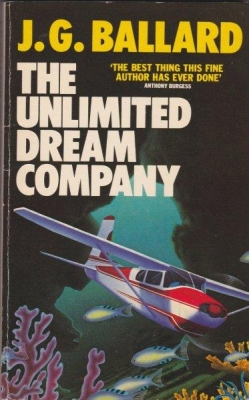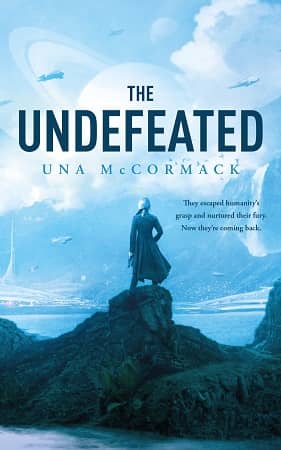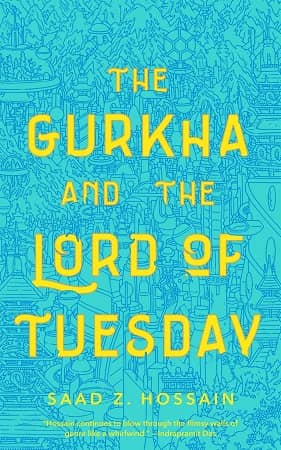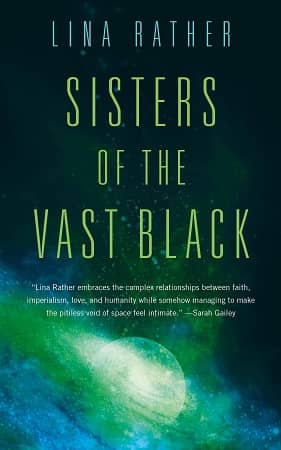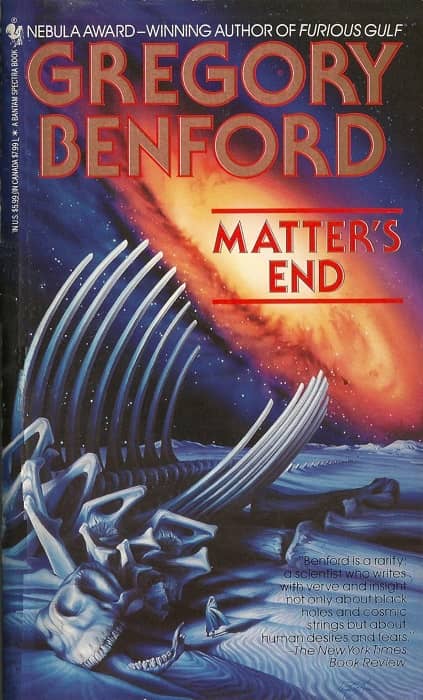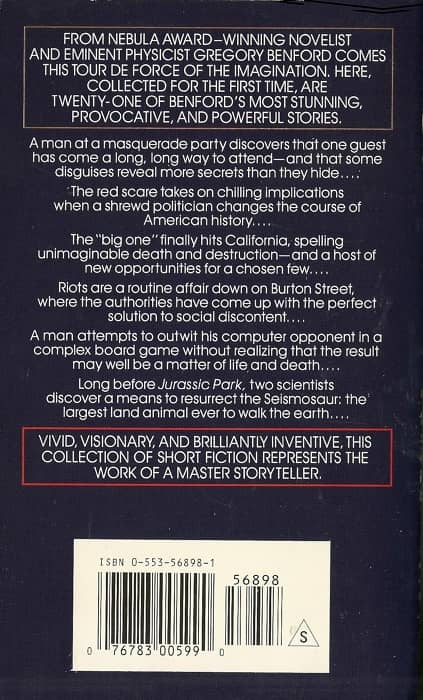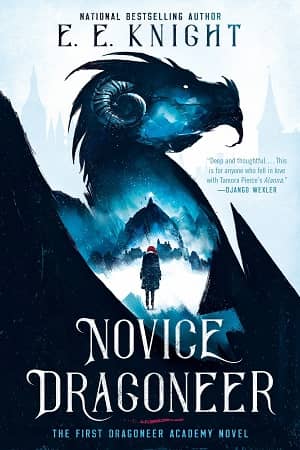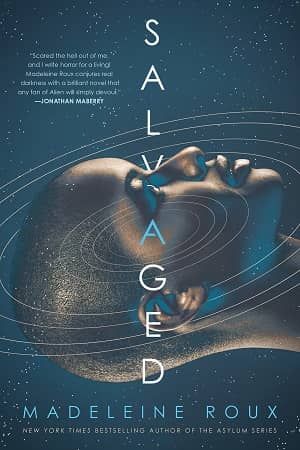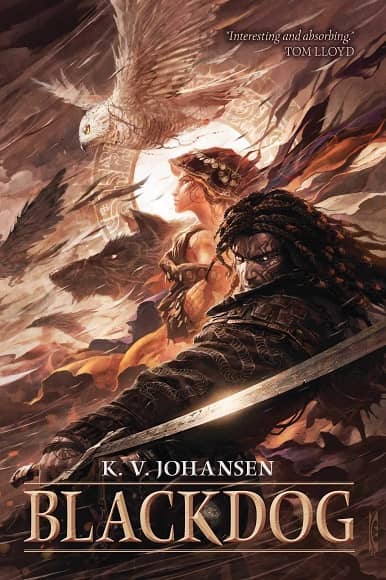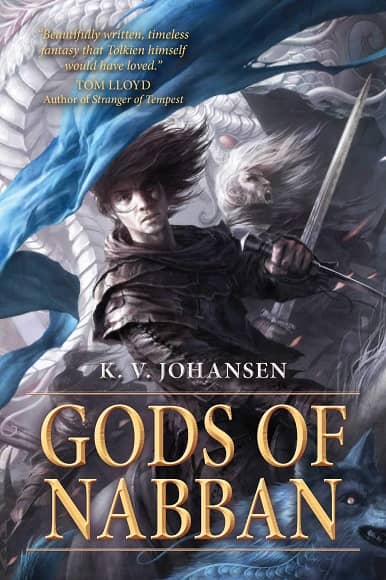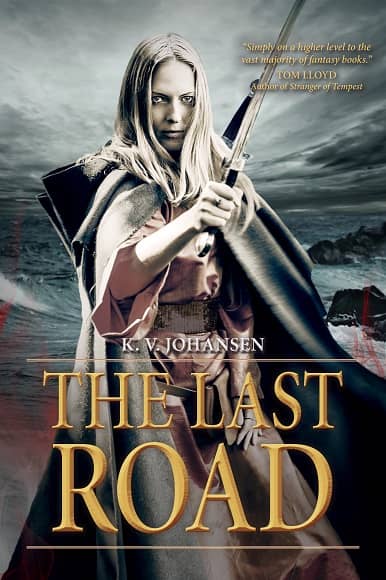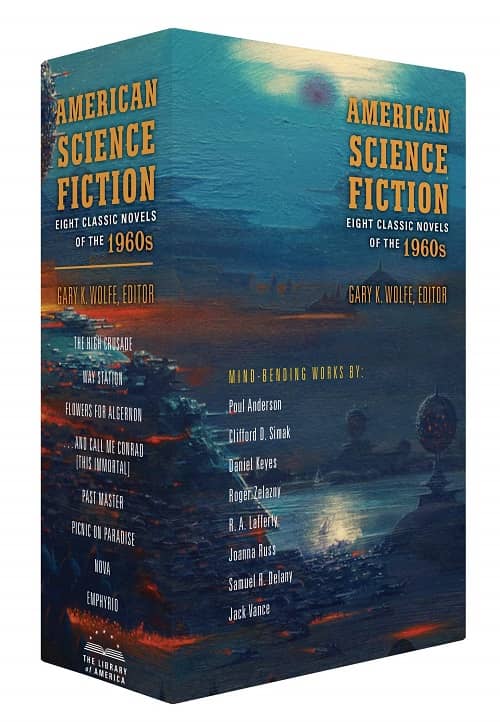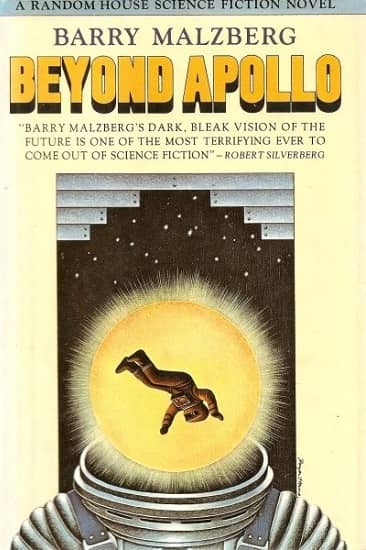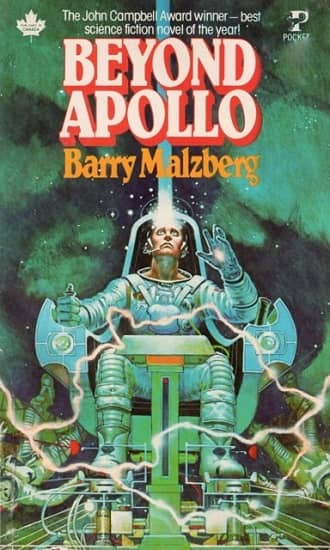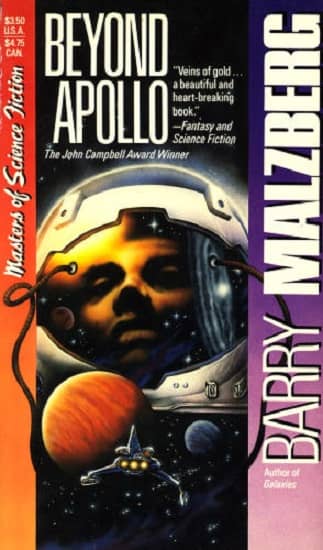The Golden Age of Science Fiction: The Unlimited Dream Company, by J.G. Ballard
The British Science Fiction Association (BSFA) Awards have been presented by the British Science Fiction Association since 1970 and were originally nominated for and voted on by the members of the Association. The Best Novel Award was one of the original awards and the first two were won by John Brunner for his novels Stand on Zanzibar and The Jagged Orbit. J.G. Ballard would be nominated for the Best Novel award three times, only winning on his first nomination in 1980.
Ballard’s novel The Unlimited Dream Company is told by Blake, an antihero and narrator so unreliable it is difficult for the reader to determine if anything he says in the course of the novel is real or merely the result of Blake’s own warped perception. The novel opens with Blake relating how as a young man he moved in with a woman, wound up killing her, and stealing an airplane before crashing it into the Thames. His first victim is never mentioned again and throughout the novel it isn’t clear if Blake died in the crash, if everything he relates in the book is the subject of visions brought about by his drowning and asphyxia, or if any of it actually happened to him and the community of Shepperton, where all the action takes place.


